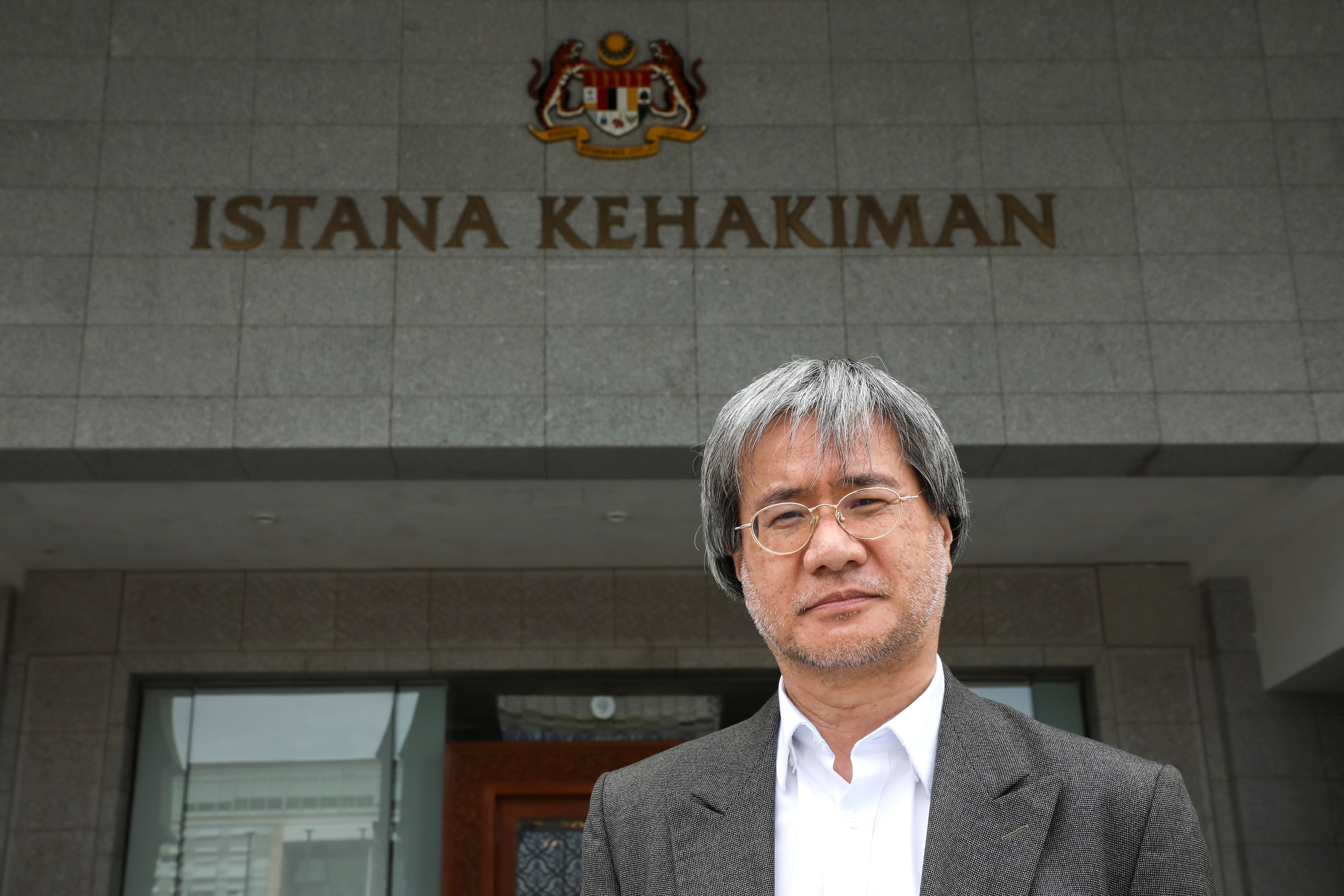© Photo by REUTERS/Lim Huey Teng
Today, Malaysia’s highest court convicted an online news site of contempt based on comments posted by third parties on the site and fined the site over $120,000— more than double the amount suggested by the prosecution.
Free-speech organization Article 19 has explained that this decision “places onerous and unreasonable obligations on news portals to review and regulate every user comment.” And these proceedings are just the latest example of Malaysia’s effort to restrict speech, including through outdated laws such as the Sedition Act, since the Perikatan Nasional government came to power.
The comments at issue suggested that Malaysian courts were ineffective, for instance referring to ‘kangaroo courts’ and calling the Chief Judge a ‘shameless joker,’ in the context of public debate regarding withdrawals of high-profile corruption charges in Malaysia’s courts. The indictment alleged that these “comments clearly imply that the Judiciary has committed misconduct, is involved in corrupt activities, has not upheld the law.” It further argued that as a legal matter “[b]y publishing the Comments through Malaysiakini, the Defendants have agreed to publish the statements.” By contrast, the defense asserted that the court needed to show ‘intent to publish’ in order find them liable, pointing out that the site had not known about the comments until informed of them by the police, at which point it immediately took them down.
The court agreed with the prosecution that the comments were “unwarranted and demeaning” and found that Malaysiakini “must carry with it, the risks that follow from allowing the way its platform operates.”
The Malaysian Bar Association previously raised concerns regarding both the choice to prosecute the case and the vagueness of the contempt offense, which is considered an inherent—but undefined—power of the court in Malaysia.
“Malaysia should encourage public debate, not rely on a vague contempt power to impose criminal penalties for criticism,” said Amal Clooney, Co-President of the Clooney Foundation for Justice. The Clooney Foundation for Justice calls on Malaysia’s Federal Court to reconsider its decision in this case.
Background
This case took place against the backdrop of what Reporters Without Borders has called “an alarming surge in violations of journalistic freedom” in Malaysia. This also follows prior harassment of the Malaysiakini site.
Malaysiakini is an online news outlet whose users post an average of 2,000 comments a day. The site’s administrators do not moderate these comments. As one affiant explained, “[c]omments can be written at any time, and on different days,” making moderation extremely challenging. Rather, Malaysiakini warns users that their comments must conform to the site’s terms and conditions (including a prohibition of “comments . . . that may violate any law”) and filters for obscene language. Malaysiakini then relies on other users to flag “offensive comments,” at which point it takes them down and/or bans the user making the comment. This is consistent with the approach of the Malaysian Communications & Multimedia Commission (MCMC) Content Code, which provides for a notice-and-takedown scheme for internet providers.
Section 13 of Malaysia’s Courts of Judicature Act provides for a contempt power but neither specifies the scope of the offense nor sets forth a maximum sentence. The Malaysian constitution also states that freedom of expression may be restricted by Parliament “to provide against contempt of court.” Further, Section 114A of the Malaysian Evidence Act creates a rebuttable presumption that an “owner, host, administrator, editor or sub-editor . . . is presumed to have published or re-published the contents of [a] publication.”
Here, the prosecution and the court relied on Section 114A of the Evidence Act and the fact that the offense of ‘scandalizing the court’ is not defined to suggest that Malaysiakini could be convicted solely on the basis that the site had ‘published’ the comments. Indeed, at trial, the prosecution argued that if Malaysiakini did not want to pre-approve comments or vet all the comments made, they had to accept responsibility for any comments posted—adopting what appears to be a ‘constructive knowledge’ standard. By contrast, the defense asserted that the prosecution needed to show ‘intent to publish’ and could not rely on a presumption to do so.
Several former Presidents of the Malaysian Bar Association agreed, characterizing the prosecution’s use of Section 114A for contempt as an “unlawful reversal of the burden of proof, oppressive and anti-democratic.” But while the court acquitted Malaysiakini’s editor-in-chief, who had also been accused of contempt, it adopted the prosecution’s standard with respect to the site, agreeing that Section 114A “presumes Malaysiakini as the publisher of the impugned comments” and further seeking to infer ‘knowledge’ from the fact that “none of the editor[s] had explained how these abusive comments escape[d] the attention of the editors.”
A full TrialWatch Fairness Report, based on monitoring of the July 13 merits hearing and review of case documents, will be made available soon.
